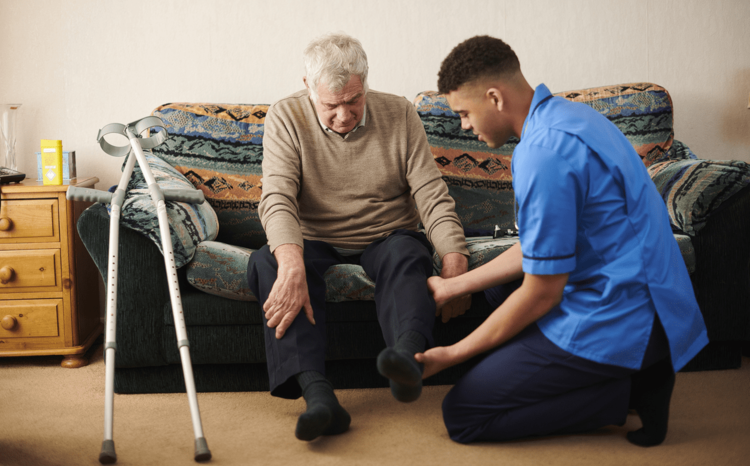Children’s e-health strategy focuses on shared records
- 20 September 2004
An information strategy published as part of the new Children’s and Maternity Services National Service Framework focuses on how health information about children held on the NHS Care Records Service could be shared with social care and education bodies, and what role the National Programme for IT, NHS trusts and local service providers have to play.
The strategy document, published by the Department of Health (DH), aims to address the “big questions" about how IT can best be used to monitor the progress of children’s development; how parents and children can participate actively in their own health, and how data could be collected and shared.
The report stresses that electronic health records will allow better access to information, but that concerns remain about data protection: “In theory, information sharing will become easier but there will need to be safeguards to ensure that data are safe and confidential and that shared information does not disadvantage children, their carers or third parties."
“There should be no surprises for children, parents or third parties. Health professionals must be aware of the power and sensitivity of stored information."
One way in which the information strategy is intending to achieve this is by amending the core functionality for software supplied by local service providers (LSPs). The NHS Care Record Service will now have to fully comply with the National Service Framework (NSF), and LSPs will need to upgrade and implement systems to allow information to be identified, analysed and shared with governmental and statistical agencies.
The DH and the Department for Education and Skills are expected to announce a consultation by the end of the year about how what, if any, sensitive information stored on the national information “spine” should be shared with other agencies. The proposals are linked with the Children Bill that is currently going through Parliament, which some privacy campaigners such as Privacy International have condemned as “intrusive" in the way it advocates the collection and retention of information.
The strategy notes the importance of standardising health information specific to children, so any new datasets for specific use in paediatrics and pre- and ante-natal care to be held on the spine will need to be passed by the NHS Information Standards Board (ISB). Also, the National Programme for IT has been asked to identify any data types planned for the electronic health record used to monitor children and mothers-to-be and submit them to the ISB.
The paper puts into force several other improvements that it says need to be made to the way that data is collected and shared – including linking the electronic health records of mothers and children, alerts for abnormal test results that are adjusted for age, electronic links to labs, immunisation tracking and the facility to monitor growth and development of children and to highlight any abnormalities.
Health secretary John Reid said of the overall framework policy: “Children and young people are not just mini-adults. They need more personalised services that are tailored to meet their individual needs. This NSF is the biggest national effort there has ever been to improve health and social care services for children, young people and their parents."
The NSF must be fully implemented by NHS Trusts within the next ten years. An electronic copy of the information strategy can be downloaded from the DH website [PDF, 378K]




